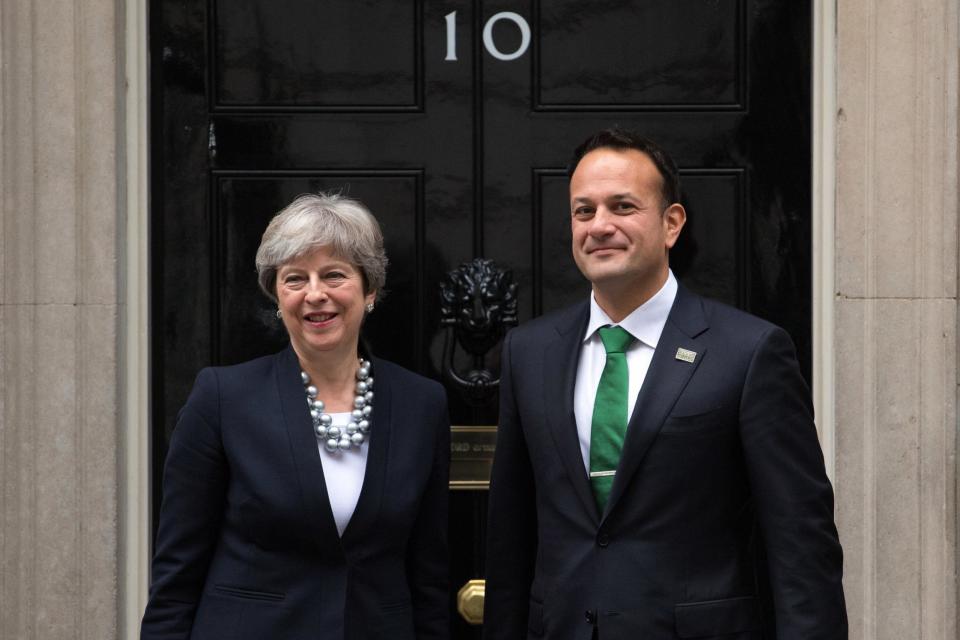EU leaders still don't know what the UK wants from Brexit, says Irish PM

European leaders are still finding it hard to understand the UK's position on Brexit despite Article 50 having been triggered seven months ago, the Irish prime minister has said.
Taoiseach Leo Varadkar said ambiguity in the official position and mixed messages coming from ministers meant the EU’s 27 other national leaders struggle to grasp what the UK really wants from negotiations.
His comments came along side others from European Parliament President Antonio Tajani, who said “we need to know what the UK wants to do” over Brexit, ahead a key meeting of the European Council which starts on Thursday.
It follows a day of confusion in London on Tuesday when two senior cabinet ministers appeared to contradict each other over the UK’s approach to a ‘no deal’ Brexit.
Mr Varadkar said: “It's still not clear what the UK actually wants in terms of a new relationship, because on the one hand it seems that the UK wants to have a close trading relationship with Europe like it has now, but it also seems to want something different.
“It is very hard for us as European prime ministers to understand exactly what the UK wants the new relationship to look like.”
In an interview with the BBC's Spotlight programme, he went on: “It certainly can't be, and I think anyone will understand it can't be, having all the benefits of EU membership but none of the responsibilities and none of the costs. If you join a club, you obey the rules and you pay the membership fee.”
The fifth round of Brexit talks ended last week with the EU’s chief negotiator saying there had still not been “sufficient progress” on withdrawal issues – including the ‘divorce bill’ – for negotiations to move on to future trade or transition arrangements.
Mr Tajani said the UK Government was “not realistic” in its approach to the financial settlement and echoed Margaret Thatcher's language when she secured the British rebate, saying: “We need our money back…this is important for us.”
The figure of around £18bn that Ms May was offering so far is “peanuts”, he said, with “the real situation” being a sum of around £45bn to £53bn.
He told BBC's Newsnight: “We need not one euro more, not one euro less.”
Differences within the Cabinet were illustrated on Tuesday as Home Secretary Amber Rudd suggested that a “no deal” scenario was “unthinkable”, at least on security issues, while Brexit Secretary David Davis insisted the UK had to keep open the option of walking away from the talks.
There are also divisions over how close any future relationship will be, leading Mr Tajani to say: “In the Conservative Party there are different positions. This is not good for good work in the next months.”
EU leaders are due to meet at a summit on Thursday and Friday, during which the UK's Brexit proposals will be discussed.
Theresa May is due to outline developments in her Brexit plans, and is expected to argue that sufficient progress has been made in talks for them to continue to the next stage.
After she leaves on Friday, the 27 leaders will then hold a separate meeting on the UK's withdrawal plans at which Ms May will not be present.
The UK has previously been criticised by EU leaders over claims that the country's Brexit plans lack sufficient depth or detail, but Foreign Secretary Boris Johnson denied it on Tuesday and urged the EU to “get on” with talks to ensure timely progress is made.

 Yahoo News
Yahoo News 